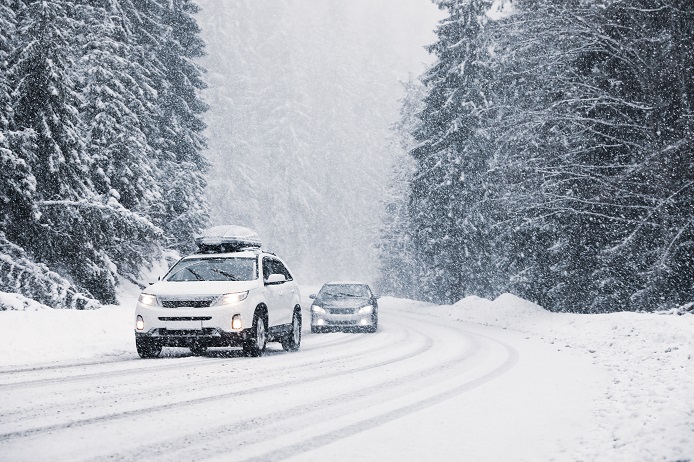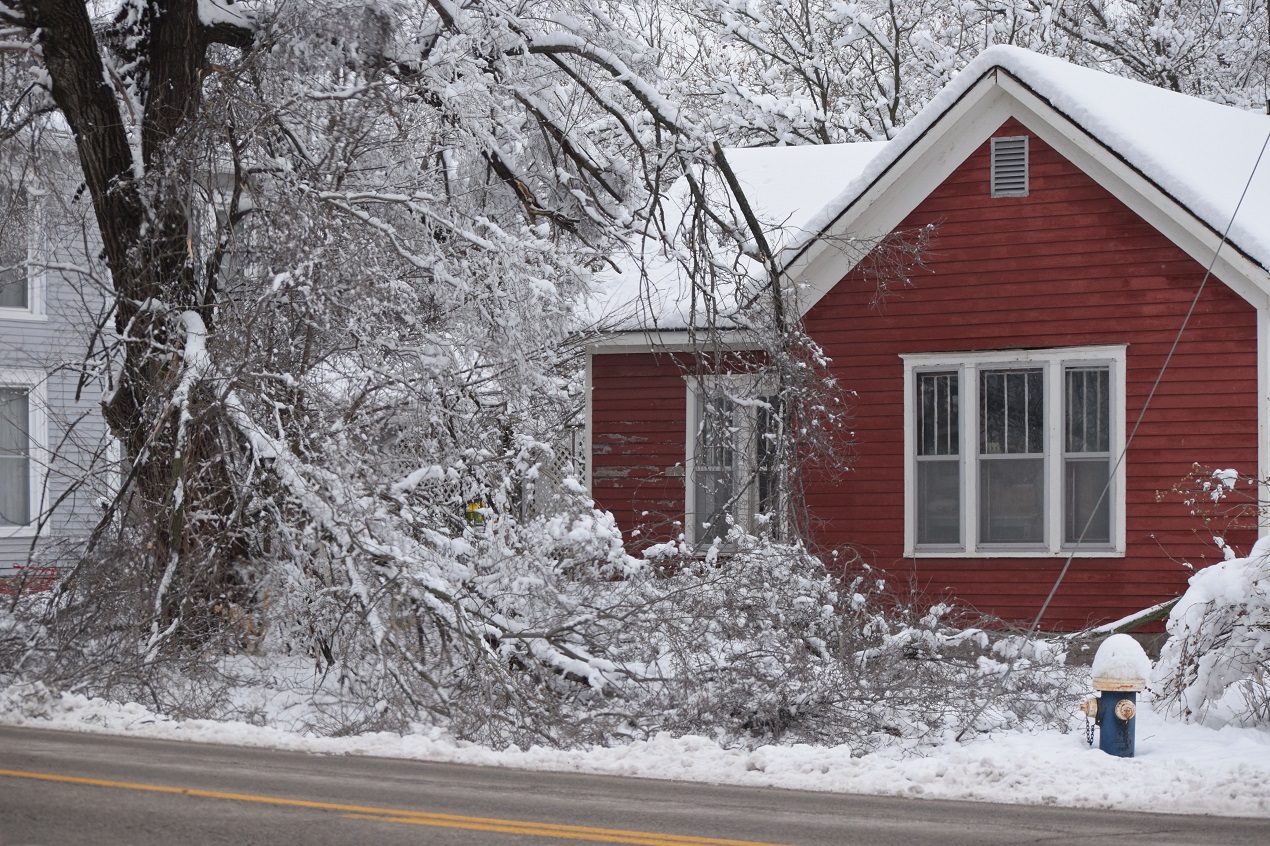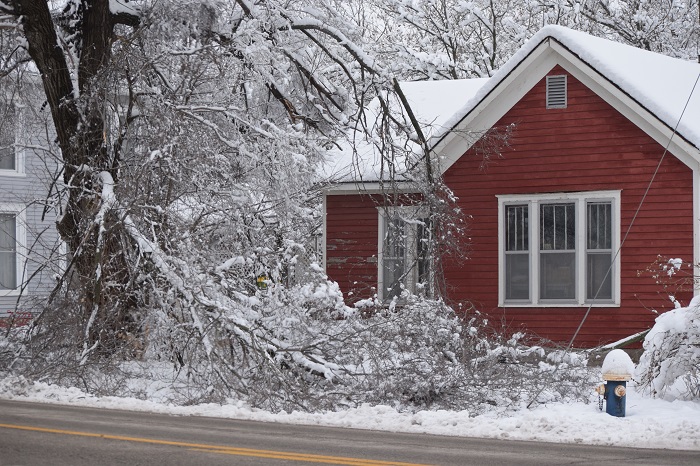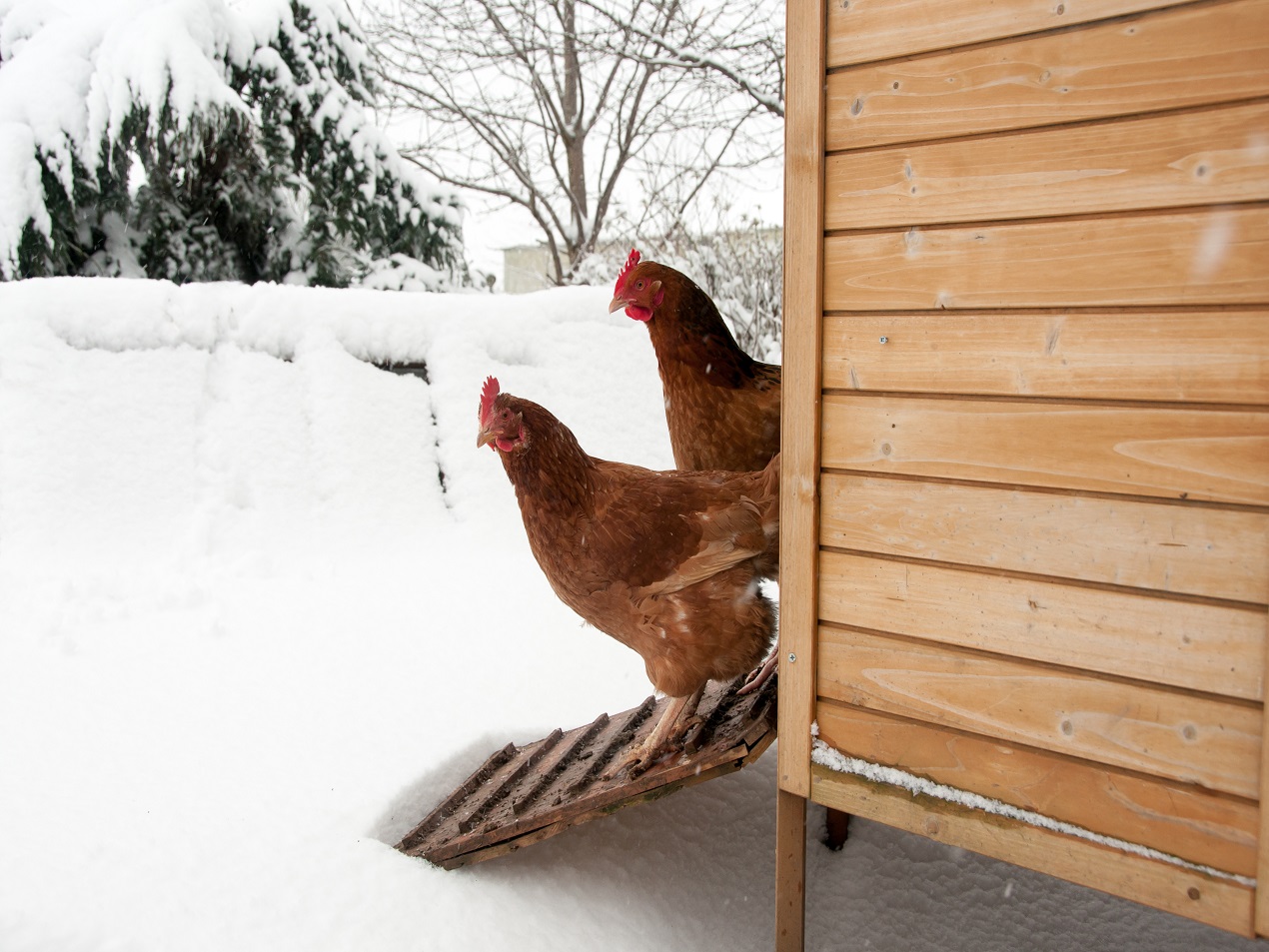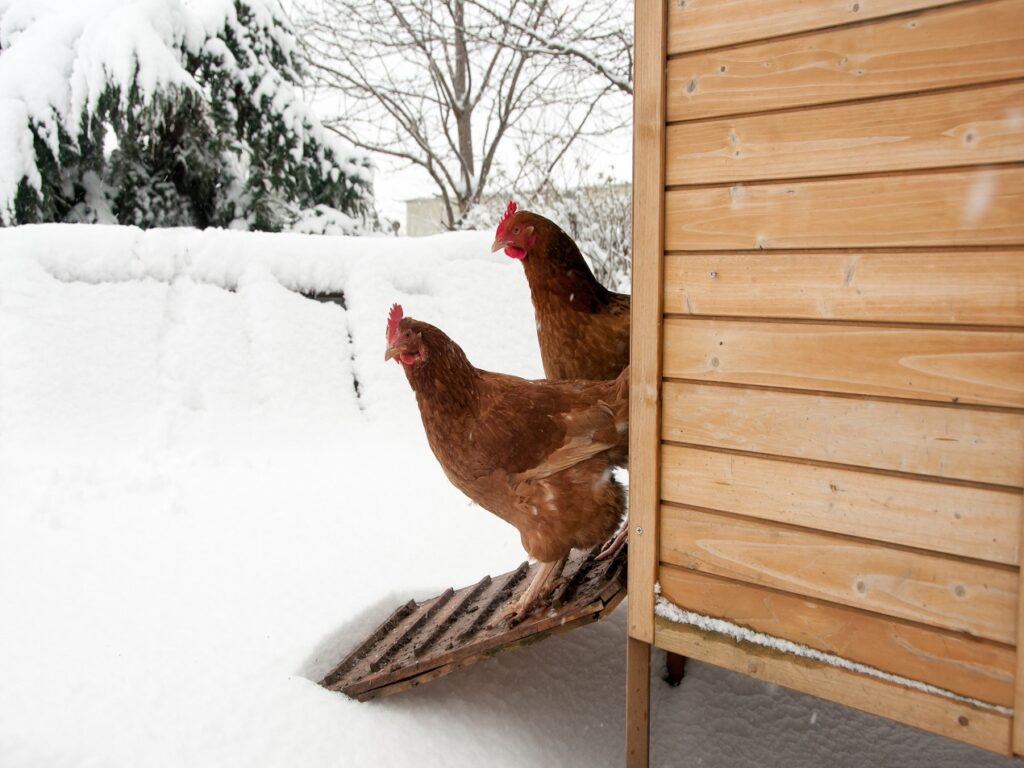
As the days grow longer, the anticipation of cottage season in Ontario is in the air. While the promise of sunny days and leisurely weekends by the lake is undoubtedly exciting, ensuring your cottage is ready to embrace the warmer months is crucial. Whether you use your cottage as a summer retreat or a year-round getaway, proper preparation provides a smooth transition and a delightful experience for you and your guests.
In this guide, we’ll walk you through the practical steps to prepare your cottage for the upcoming season and highlight the importance of robust insurance coverage to protect your sanctuary against unforeseen challenges.
Step 1: Inspection and Maintenance
Before you can start enjoying the beauty of your cottage, it’s crucial to conduct a thorough inspection to identify any potential issues. Here’s a checklist to help you get started:
a. Exterior Inspection:
• Begin by checking the roof for damaged or missing shingles, ensuring you’re protected from leaks.
• Evaluate the condition of the siding, looking out for signs of wear and tear that might compromise its integrity.
• Prevent water damage by clearing out gutters and downspouts and maintaining proper drainage away from the cottage.
b. Grounds and Landscaping:
• Trim overgrown vegetation to deter pests and enhance the visual appeal of your property.
• Thoroughly inspect the deck and patio for any necessary repairs so they are safe for use.
• Clean and repair pathways to facilitate safe and easy access around your cottage.
c. Interior Check:
• Check windows and doors for drafts, sealing any gaps to enhance energy efficiency.
• Test all appliances and systems, including heating, plumbing, and electrical, to ensure they’re in optimal working condition.
• Remove any accumulated dust or debris to create a pristine and inviting environment.
d. Pest Control:
• Search for signs of pests and address any infestations to prevent further damage.
• Consider hiring a professional pest control service for preventative measures to safeguard your cottage against unwanted intruders.
Step 2: Deep Cleaning and Organizing
Once the inspection is complete, it’s time to roll up your sleeves and give your cottage a deep clean. Consider the following tips:
a. Declutter:
• Begin by removing unnecessary items to create a more spacious interior.
• Check for signs of mould or mildew and address them quickly to maintain a healthy living space.
b. Deep Clean:
• Scrub floors, walls, and surfaces diligently to eliminate dirt, dust, and any lingering grime from the previous season. Pay special attention to high-traffic areas and frequently touched surfaces.
• Clean or replace bedding, linens, and towels to ensure freshness and comfort for your stay.
• Additionally, service your HVAC system to ensure optimal air quality throughout your cottage. If necessary, replace any old, dusty furnace filters to prevent a fire hazard.
c. Stock Up:
• Before settling in for the season, check that your cottage is well-stocked with essentials. Take inventory of toiletries, cleaning supplies, and kitchen necessities to avoid any last-minute trips to the store. Having everything you need on hand will make your stay more enjoyable and stress-free, allowing you to focus on relaxation and making memories with loved ones.
• Maintain a cottage emergency kit in case the power goes out. Include items like non-perishable food, clean drinking water, a first aid kit, flashlights and batteries, a portable radio, and blankets.
Step 3: Cottage Insurance
With your cottage in tip-top shape, it’s time to consider protecting your investment through insurance. Cottage insurance is crucial for several reasons, offering financial protection and peace of mind to cottage owners. Here are some key reasons why it’s essential:
- Property Protection: This covers the physical structure of your cottage, including the building itself and any additional structures such as boathouses, sheds, or docks. It helps protect against damage or destruction caused by perils such as fire, storms, vandalism, or theft.
- Contents Coverage: In addition to protecting the physical structure, cottage insurance can include coverage for personal belongings kept at the cottage, such as furniture, appliances, electronics, clothing, and recreational equipment. Contents coverage helps reimburse you for repairing or replacing items if they are damaged, destroyed, or stolen.
- Liability Protection: Cottage insurance often includes liability coverage, which protects you financially if someone is injured. This coverage can help pay for medical expenses, legal fees, and potential court-awarded damages if you are found responsible for causing harm to others.
- Loss of Use Coverage: If your cottage becomes uninhabitable due to a covered peril, such as fire or storm damage, loss of use coverage can help cover the additional expenses you may encounter for temporary lodging and living expenses while repairs occur.
- Peace of Mind: Beyond the financial protection it provides, cottage insurance offers peace of mind, knowing that you are prepared for unexpected events that could otherwise significantly impact your finances and lifestyle. With insurance in place, you can enjoy your time at the cottage without worrying about the potential financial consequences of accidents or disasters.
As you embark on the exciting journey of preparing your cottage for the upcoming season, remember that safeguarding your investment goes hand in hand with creating lasting memories. By taking proactive steps and ensuring your insurance coverage is up-to-date, you can enjoy a worry-free cottage season filled with relaxation, laughter, and the beauty of Ontario’s natural landscapes.
Do you have any questions or need an insurance quote? Our experienced insurance brokers can get you the coverage you need based on your unique circumstances. Contact us today at 1-800-268-3311 or ebrokers@dbibrokers.ca. You can also visit our website for more details.





